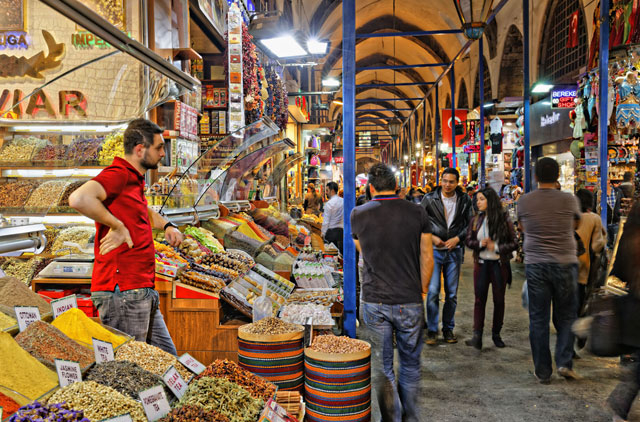Dubai: With Lebanon’s realty falling off the radar as far as Gulf investors are concerned, Turkey’s developers were quick to push their credentials. It had the full backing of the government, which early last year passed the “reciprocity law” that ties in real estate investments to residency rights.
And it was going well enough for them until Turkey’s economy got entangled in a slow-growth mode while its currency went through a phase of extreme volatility.
But some of Turkey’s leading developers insist that Gulf-based investors are not about to turn their attention to some other investment destination. “We are experiencing an increase in our sales rather than a decrease,” said Ali Agaoglu, chairman of Agaoglu Group, the construction and real estate entity. The developer is the prime mover behind the ambitious Istanbul Financial Centre — scheduled for completion by late 2017 — and some of its key investment attractions.
“So far, we have achieved a turnover of $1.5 billion (Dh5.5 billion) from sales to foreign investors and our Dubai office played an important role in this. Foreign investors, especially from the Gulf, see the future of Turkey as very bright and are making their plans for the long run.”
This is more or less the same view that Ozen Kuzu, board member at the Kuzu Group, was expressing during the three-day run of Cityscape Global 2014. “There’s been no visible impact on Turkey’s real estate from the way the economy has been performing of late,” Kuzu said. “We have investors who have aligned with us for the long-term.”
And that particular partner happens to be Qatari Diar Real Estate Investment Co, one of the biggest names in the region and whose exposure has increasingly taken on a wide geographical footprint. The two are involved in a $2.7 billion waterfront project, Sea Pearl Ataköy which will create 1,474 apartments, a five-star hotel and a retail cluster.
Concerns
The project was launched in March and is aimed for completion in February 2018. “The project is already attracting investor interest from the UAE and other countries in the region,” said Kuzu.
But there are still concerns being expressed in some quarters over the country’s front line status in any expansion of the Middle East conflict racking Iraq and Syria. A prolonged conflict would places unbearable burden on an economy that is trying to nurse its way back to health. Inflationary pressures are quite apparent and there has been a to-and-fro between the political authorities and the central bank over interest rates and what the level should be.
“Turkish real estate, both in the construction cycle as well as on the sales side, could feel the blowback from uncertainty over the tenure of the conflict,” said a property analyst.
What UAE and regional investors are thinking over a possible Turkey exposure can be gleaned as early as November — “There is a lot of demand for the Istanbul Finance Centre from the Gulf,” said Agaoglu Group.
“Investors will be able to book now for the project and actual sales will begin in November. Considering the demand from corporate clients, we are confident that Istanbul Finance Centre will reach the maximum sales number.
“The majority of the buyers are from the finance industry. We have investors from other industries as well who expect high returns in rent. As soon as the sales start, we expect a 100 per cent success rate.”













